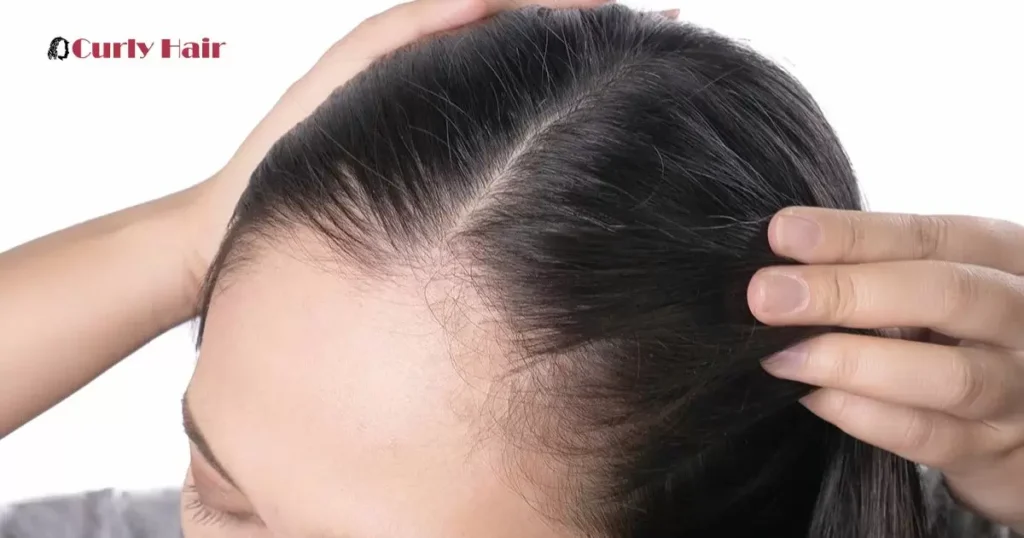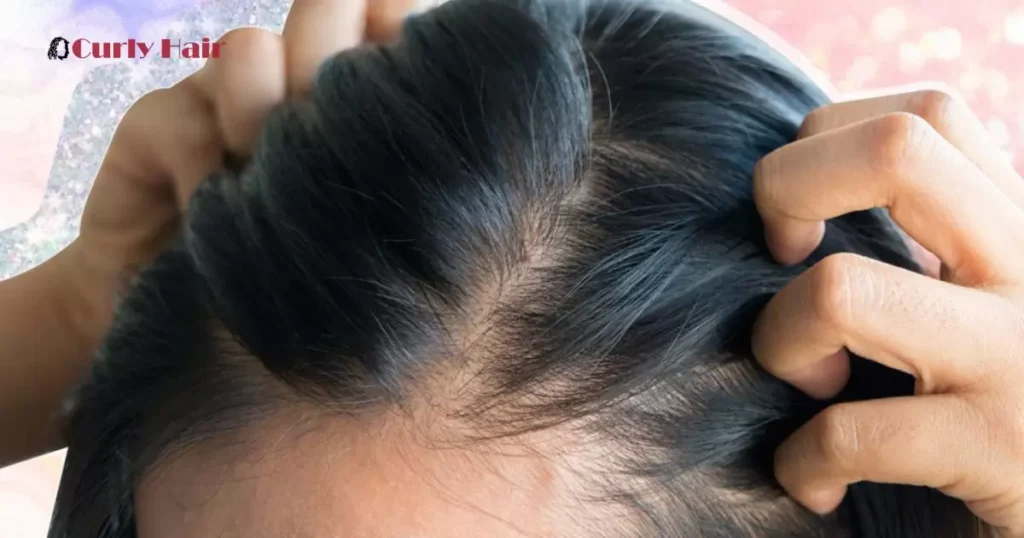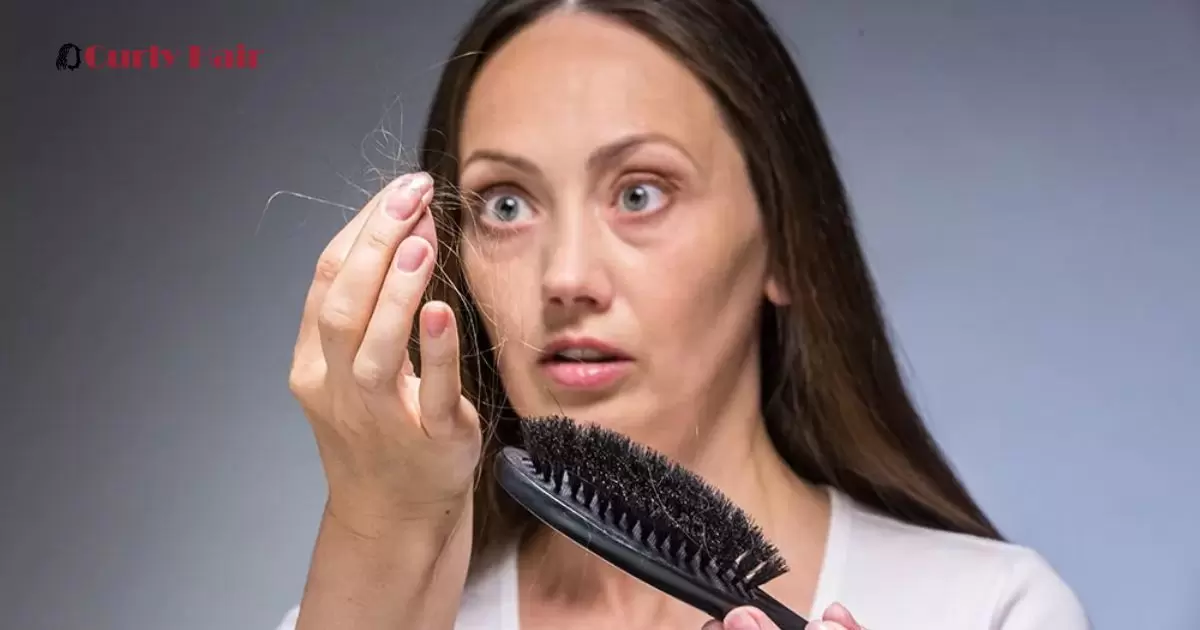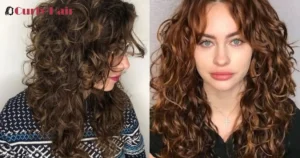Progesterone, a female hormone, can potentially contribute to hair loss in some individuals. High levels of progesterone may disrupt the hair growth cycle. This disruption can lead to increased shedding and thinning hair.
Are you noticing more hair strands on your brush or clogging the drain? Does Progesterone cause hair loss? It’s a reality many women face. Hormonal fluctuations, including shifts in progesterone levels, can disrupt hair growth patterns.
Explore natural remedies, lifestyle changes, or seek medical guidance to restore hormonal harmony. Embrace a proactive approach to revitalize your luscious locks. Read on to learn more.
Key Takeaways
- Low progesterone levels can disrupt hormonal balance, potentially leading to hair loss.
- While progesterone plays a role, other factors like genetics and stress also contribute to hair loss.
- Individuals experiencing hair loss should consult healthcare professionals to assess hormone levels and explore treatment options.
- Addressing underlying hormonal imbalances and adopting healthy lifestyle habits can promote hair health.
- With proactive steps and appropriate treatment, individuals can regain confidence in their hair health.
What Is Progesterone?
Progesterone is a hormone naturally produced by the body. It plays a vital role in the menstrual cycle and pregnancy. During the menstrual cycle, progesterone levels rise after ovulation to prepare the uterus for potential pregnancy. If pregnancy occurs, progesterone helps maintain the uterine lining to support the developing fetus.
sleep, and supporting bone health. It works alongside estrogen to maintain hormonal balance. Can testosterone make your hair curly? Progesterone levels fluctuate throughout the menstrual cycle, peaking during the luteal phase. Low levels of progesterone can lead to irregular periods and difficulty conceiving.
Can Low Progesterone Cause Hair Loss?
Low progesterone levels can indeed lead to hair loss. When progesterone levels are low, it disrupts the balance of hormones in the body. This imbalance can trigger hair follicles to enter the resting phase prematurely, causing hair to shed more than usual.
Low progesterone may also increase the production of dihydrotestosterone (DHT), a hormone linked to hair loss. This can further exacerbate hair thinning and loss over time.
Hormones And Hair Loss
Hormones play a crucial role in hair health, and imbalances can contribute to hair loss. When hormones like progesterone are low, it can disrupt the natural hair growth cycle, leading to increased shedding and thinning over time. Maintaining hormonal balance is essential for preserving healthy hair growth and preventing hair loss. Consulting a healthcare professional can help identify and address any hormonal imbalances effectively.
Women And Hair Loss
Hair loss in women can be distressing, often impacting self-esteem and confidence. While various factors can contribute to hair loss in women, low progesterone levels can play a significant role. When progesterone levels are low, hormonal imbalances can disrupt the hair growth cycle, leading to increased shedding and thinning.
It’s crucial for women hormones and hair loss experiencing hair loss to consider evaluating their hormone levels, including progesterone, and seek appropriate medical guidance to address any underlying hormonal imbalances effectively.
The Hormone-Hair Connection

Understanding the connection between hormones and hair health is crucial. Hormones like progesterone, estrogen, and testosterone play key roles in regulating the hair growth cycle. Imbalances in these hormones can disrupt this cycle, leading to hair loss. Progesterone, in particular, helps maintain healthy hair growth by counteracting the effects of testosterone, which can shrink hair follicles and lead to hair thinning.
When progesterone levels are low, testosterone can exert its effects more strongly, contributing to hair loss. Fluctuations in estrogen levels, such as those experienced during pregnancy or menopause, can also impact hair health. By addressing hormonal imbalances and maintaining optimal hormone levels, individuals can support healthy hair growth and minimize the risk of hair loss.
Does Low Progesterone Cause Hair Loss?
Low progesterone levels can contribute to hair loss by disrupting the natural balance of hormones in the body. When progesterone levels are low, it can lead to an increase in the production of dihydrotestosterone (DHT), a hormone linked to hair follicle miniaturization and hair loss.
This imbalance can trigger hair follicles to enter the resting phase prematurely, resulting in increased shedding and thinning of the hair over time. Low progesterone levels may affect the hair growth cycle, causing low progesterone and hair loss with shorter growth phases and longer resting phases.
This disruption in the hair growth cycle can lead to gradual hair thinning and increased hair loss. It’s important for individuals experiencing hair loss to consider evaluating their hormone levels, including progesterone, and to seek medical advice to address any underlying hormonal imbalances effectively.
Common Causes Of Hair Loss
- Hormonal imbalances, such as low progesterone levels, can disrupt the hair growth cycle.
- Genetics play a significant role, with hereditary factors contributing to pattern baldness.
- Nutritional deficiencies, particularly of iron, zinc, and vitamin D, can lead to hair loss.
- Stress is a common trigger, causing hair follicles to enter the resting phase prematurely.
- Certain medical conditions like thyroid disorders and autoimmune diseases can result in hair loss.
- Hairstyling practices, such as excessive heat or tight hairstyles, may damage hair follicles.
Will Progesterone Make You Gain Weight?

Progesterone itself typically doesn’t cause weight gain. However, fluctuations in progesterone levels throughout a woman’s menstrual cycle might lead to temporary water retention or bloating.
Some women may also experience increased appetite during certain phases of their cycle due to hormonal changes, which could potentially contribute to weight gain if calorie intake isn’t moderated. Overall, maintaining a balanced diet and regular exercise routine can help manage any potential weight-related effects of progesterone fluctuations.
Hormones That Positively Impact Hair Health
| Hormones | Impact on Hair Health |
| Estrogen | Promotes hair growth |
| Testosterone | Supports hair follicles |
| Thyroid hormones | Regulate hair growth |
| Insulin-like growth factor (IGF-1) | Stimulates hair growth |
| Cortisol | High levels may lead to hair loss |
Several hormones positively influence hair health, promoting growth and strength. One such hormone is estrogen, which supports hair follicles, extending the growth phase and reducing shedding. Additionally, thyroid hormones play a crucial role in maintaining hair health by regulating metabolism and ensuring adequate nutrient delivery to the hair follicles.
Another hormone that positively impacts hair health is insulin-like growth factor 1 (IGF-1). IGF-1 stimulates hair growth by promoting cell proliferation in the hair follicles, leading to thicker and stronger hair.
The Effects of Hormone Imbalance on Hair Growth
Hormone imbalance can significantly impact hair growth. When hormones like progesterone are out of balance, it disrupts the hair growth cycle, leading to increased shedding and thinning. This imbalance can also trigger the production of hormones like DHT, which can further contribute to hair loss.
Hormonal fluctuations can affect the length of the hair growth phases, causing hair follicles to spend more time in the resting phase and less time actively growing. This results in slower hair growth and a reduction in overall hair density. It’s essential to address hormone imbalances promptly to maintain healthy hair growth and prevent further loss.
How To Treat Hormone-Related Hair Concerns?

Treating hormone-related hair concerns often involves restoring hormonal balance. One approach is hormone replacement therapy, which can help regulate hormone levels and mitigate hair loss. Lifestyle modifications such as managing stress, maintaining a balanced diet, and getting regular exercise can support overall hormonal health and promote hair growth.
In some cases, healthcare providers may recommend medications like minoxidil or finasteride to address hair loss directly. These medications can help stimulate hair follicles and prevent further thinning. It’s essential to consult with a healthcare professional before starting any treatment to ensure it’s appropriate for individual needs and to monitor for any potential side effects.
Frequently Asked Questions
Will spironolactone cause hair loss?
Spironolactone is often prescribed to treat hair loss in certain cases by blocking the effects of androgens, but it can cause initial shedding before promoting regrowth in some individuals.
Does low progesterone cause excess hair?
No, low progesterone typically doesn’t cause excess hair growth. Instead, it can lead to hair loss or thinning due to hormonal imbalances affecting the hair growth cycle.
Does progesterone cause hair growth on face?
No, progesterone does not cause hair growth on the face.
Conclusion
In conclusion, the question, Does progesterone cause hair loss, has a nuanced answer. While low progesterone levels can contribute to hair loss by disrupting hormonal balance and affecting the hair growth cycle, it’s not the sole factor. Hormonal imbalances, genetics, stress, and other factors also play significant roles.
Understanding the interplay between hormones and hair health is essential for effectively addressing hair loss concerns in both men and women. Moving forward, individuals experiencing hair loss should consider seeking medical guidance to assess their hormone levels and explore suitable treatment options.
This may include hormone replacement therapy, lifestyle modifications, and medications to promote hair growth and restore confidence. By addressing underlying hormonal imbalances and adopting holistic approaches to hair care, individuals can take proactive steps towards maintaining healthy and vibrant hair.











